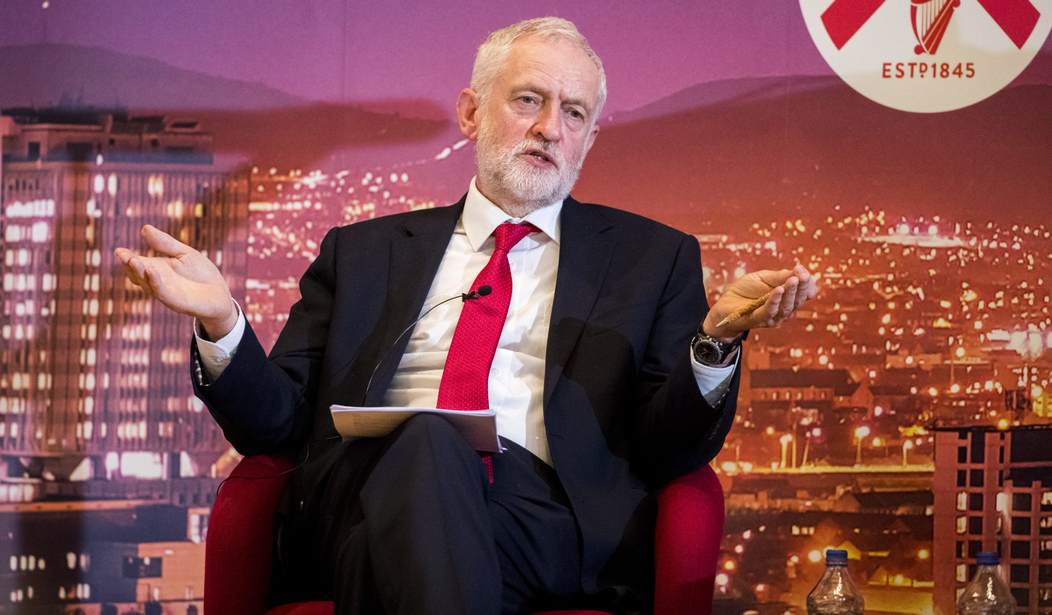Has Britain’s Jeremy Corbyn become king of the political fibbers? Maybe so.
The ultra-leftist leader of the country’s Labour Party won’t let up from pushing the idea that the divide between those on high incomes and the rest of the population is only getting worse.
The problem is that the pontificating politician hasn’t checked the facts. Worse still, he fails to mention how much better off even the poorest have become these past few decades.
Consider the following statement made by Corbyn earlier in May in the Scottish city of Glasgow.
“Don’t listen to anyone who says we can’t build things in Britain and that a casino economy, which produces little but soaring inequality and insecurity, is our only future,” he said. My emphasis.
Unfortunately, the facts don’t back up his claims.
Economists have a special measure of income inequality called the Gini Index, which produces figures ranging from zero to one. When the index is zero there is complete equality – everyone has the same income. At the other extreme, there is complete inequality with one person taking all the income and everyone else has nothing. Neither extreme occurs in the real world. But what we can say is that a lower score means less inequality, versus a higher score.
The Gini Index for the UK was 33.2 in 2015, down from 36 in 2004, according to data from the World Bank, an international organization that says it “promotes shared prosperity.” The numbers indicate that income inequality in Britain has fallen over the period, not risen as Corbyn claims.
If you go back a few years further to the late 1990s, then the Gini Index was even higher at around 38, according to data from financial data firm TradingEconomics.com. That period also coincided with a Labour government in the UK.
So quite ironically, it was the right-of-center Conservative Party that has seen UK income inequality decrease, not increase, versus how it was under the left-of-center Labour Party in the late 1990s. Labour has lurched left under Corbyn.
It is true that income inequality has risen somewhat from where it was in the 1970s. However, it’s worth noting that the 1970s was a period when runaway inflation hit the economy, and socialist tax policies meant personal income tax rates were more than 80 percent. Eventually, the country even needed to get a bailout from the International Monetary Fund in 1976. In short, it was a period that was an economic malaise, which did few, including the poor, any favors.
What Corbyn fails to mention is that all groups of people in Britain are far better off than they were in 1979, according to a recent study that you can read here.
The analysis shows that the “disposable income” of the poorest tenth of the population grew by 65 percent in the 31-year period through 2010. That figure is calculated using real, inflation-adjusted money. Disposable income removes income taxes but adds back in so-called transfer payments such as welfare. It’s what you take home after the government has had its tax bite.
While the poorest did well, all other groups did even better than that, with those in the top group almost doubling their inflation-adjusted income. All other groups saw income gains over the period of somewhere in between those two levels of 65 percent and 99 percent.
So, what? Just because some groups did better than others doesn’t mean that any group was worse off over the period. All groups had more after-tax income in terms of the spending power of their after-tax money.
If everybody is getting richer, that’s something of which the country should be proud. Complaining about the distribution stinks of that most unattractive emotion: Envy.









Join the conversation as a VIP Member